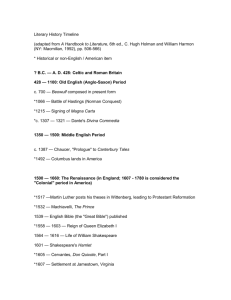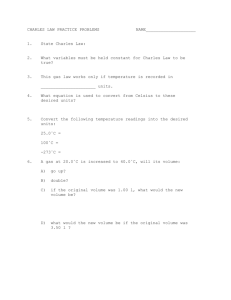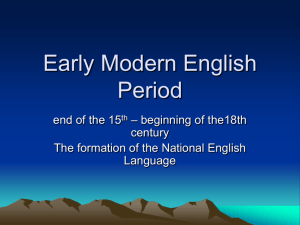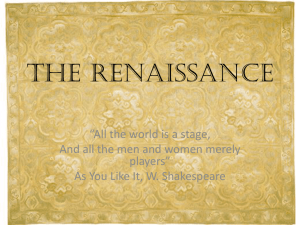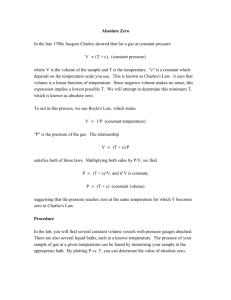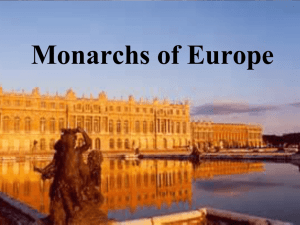REN
advertisement
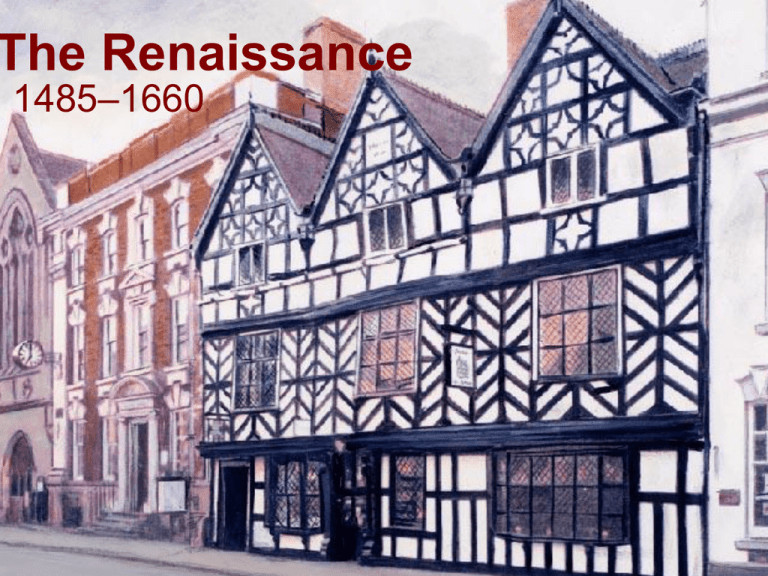
The Renaissance 1485–1660 Definition French for “rebirth,” the Renaissance was a revival of art, literature, and learning in Europe that began in Italy in the 14th century Characteristics: •People read ancient Greek and Roman classics •A humanist philosophy spread, focusing on life on earth as well as in eternity • The arts and sciences flowered • A sense of curiosity and creativity emerged The Protestant Reformation •Began with Martin Luther in Germany •Luther believed that religion should be based on a personal understanding of the Bible, not the authority of the Pope •The English objected to the financial burden placed on them by the Church in Rome King Henry VIII (reign, 1509–47) •Split from the Catholic Church and declared himself head of the new COE (divorce and have a male heir). •Wives: Catherine of Aragon (divorced), Anne Boelyn (beheaded), Jane Seymour (died), Anne of Cleves (divorced), Catherine Howard (beheaded), and Catherine Parr (survived) •Executed humanist Thomas Moore, long-time friend and advisor, who refused to recognize Henry as head of church •Authorized the first English translation of the Bible •Created the Royal Navy, which secured England’s safety Henry VIII’s Heirs Edward IV (r. 1547–1553) Mary Tudor (r. 1553–1558) •Jane Seymour •Catherine of Aragon •Crowned at nine •Restored Catholicism •Died of tuberculosis at •Called “Bloody Mary” because of 300+ Protestant executions fifteen • Married King Philip II of Spain Elizabeth I (reign, 1558–1603) •Anne Boleyn •Brilliant and successful monarch •Restored the Church of England •Called “Virgin Queen” because she never married; turned down numerous offers, including King Philip II of Spain •Patron of the arts, especially theater The Spanish Armada In 1588 Catholic King Philip II of Spain attacked Protestant England (Elizabeth’s execution of Catholic Mary Stuart, Queen of Scots) •England’s Royal Navy destroyed the Spanish Armada (most feared fleet in the world) •The victory ensured England’s independence from the powerful Catholic countries of the Mediterranean •The English started writing as they never had before, and Elizabeth, now a symbol of peace and prosperity, provided the inspiration for scores of writers After Elizabeth, A Decline in Leadership… When Elizabeth I died, she was succeeded by her second cousin, James I (r. 1603–1625), the king of Scotland: •Loved literature and drama: patron of Shakespeare, sponsored a new translation of the Bible •His expensive dress and court life offended religious and thrifty Englishmen James I was followed by his son, Charles I (r. 1625–1649): •Charles’s troubles with Parliament: •he wanted to raise taxes •they did not agree with his foreign policy •this sparked the English Civil Wars (1642–1651) that ended with: The dissolution of the monarchy The beheading of Charles I The flight of Charles II, his son and heir, to France Puritans (1649–1660) •The Puritans ruled under the strict control of Oliver Cromwell, a shrewd leader who led England after King Charles’s beheading. •Puritans closed down most theaters from 1649 to 1660 and censorship of the arts was heavily enforced •When Cromwell died in 1658, exiled King Charles II returned from France in 1660. Vocabulary Words Metaphor Sonnet Quatrain Petrarchan Sonnet Spenserian Sonnet Paradox Shakespearean Sonnet Couplet Turn Conceit Carpe diem Timeline 1517: Martin Luther begins Protestant Reformation 1558: Elizabeth I crowned 1588: English navy defeats Spanish Armada 1649: Charles I executed; English monarchy suspended 1485 1509: Henry VIII crowned 1660 c. 1533: Henry VIII splits Church of England from Rome 1564: Shakespeare born 1620: Mayflower lands at Plymouth Rock
